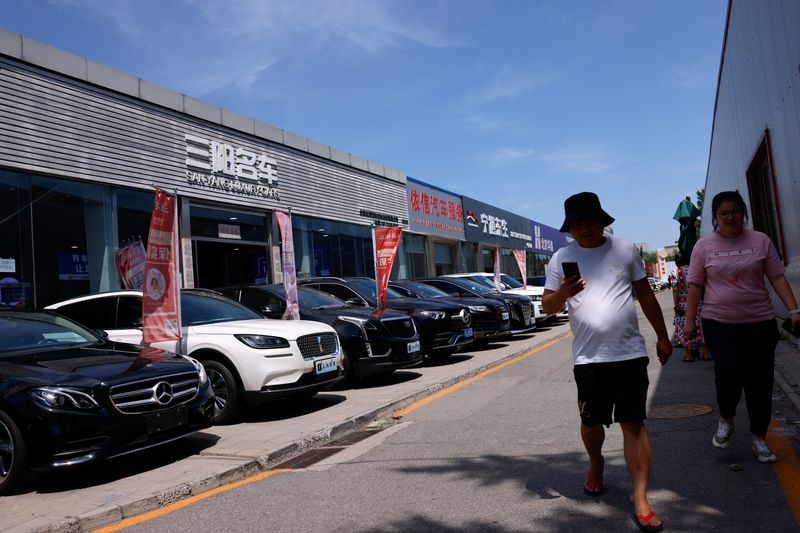China’s semiconductor industry is gearing up for Donald Trump‘s return to the White House by accelerating equipment purchases and exploring new talent recruitment strategies, according to industry experts and documents reviewed by Reuters.
The aggressive preparation comes as Trump, who previously targeted Chinese tech giants Huawei and SMIC with trade restrictions, is expected to take an even tougher stance on China’s chip ambitions in his second term. Industry experts told Reuters that Chinese firms are significantly better prepared this time, having learned crucial lessons from Trump’s first presidency.
China races to stockpile chip equipment
Chinese manufacturers have particularly focused on acquiring lithography machines, with imports surging 35.44% to $7.9 billion in the first nine months of 2023, Chinese customs data reveals. The majority of these machines came from the Netherlands, valued at $7 billion, before new restrictions took effect.
Companies have maximised equipment orders to hedge against future restrictions. Chinese chip maker Jinan Lujing Semiconductor Co’s emphasis on self-reliance echoes a broader industry sentiment, noting that Trump’s first term had already highlighted “the necessity of localization.”
“Chinese tech companies have progressively expanded their production capacities to mitigate future risks,” Nori Chiou, investment director at Singapore-based White Oak Capital Partners, told Reuters.
The Beijing Semiconductor Industry Association is advising companies to seize potential opportunities if global coordination on chip sanctions weakens under Trump. “There could be benefits to China’s semiconductor industry in terms of professional talents, multinational companies and foreign cooperation,” said Zhu Jing, the association’s deputy secretary-general, in a WeChat post.
Taiwan’s semiconductor sector on edge
The situation has created ripples in Taiwan, where semiconductor giant TSMC faces uncertainty about its global operations. Despite growing concerns, Taiwan’s leader William Lai Ching-te projected confidence on Wednesday, stating that “the long-standing Taiwan-US partnership, based on shared values and interests, will continue to serve as a cornerstone of regional stability.”
However, Trump’s recent comments have stirred anxiety in Taiwan’s chip sector. During an October appearance on The Joe Rogan Experience podcast, Trump accused Taiwan of “stealing” the US chip industry, questioning the island’s role in global semiconductor supply chains. His former national security adviser John Bolton notably warned that under a second Trump term, “Taiwan is potentially toast.”
Despite these tensions, TSMC has affirmed its commitment to its US investments. The world’s largest contract chipmaker announced it would continue with its $65 billion investment plan for new factories in Arizona, regardless of Trump’s election victory.
CHIPS Act future remains uncertain
According to CNBC, despite Trump’s campaign rhetoric against the CHIPS Act, policy experts believe the $53 billion semiconductor initiative will likely remain largely intact, though with possible modifications to fund allocation.
While policy experts anticipate the CHIPS Act will survive Trump’s return, the semiconductor industry’s landscape remains in flux. As both Chinese and Taiwanese chip sectors brace for potential policy shifts, the $53 billion US semiconductor initiative stands as a critical factor in shaping the industry’s global future, despite lingering uncertainty about Trump’s trade policies.


